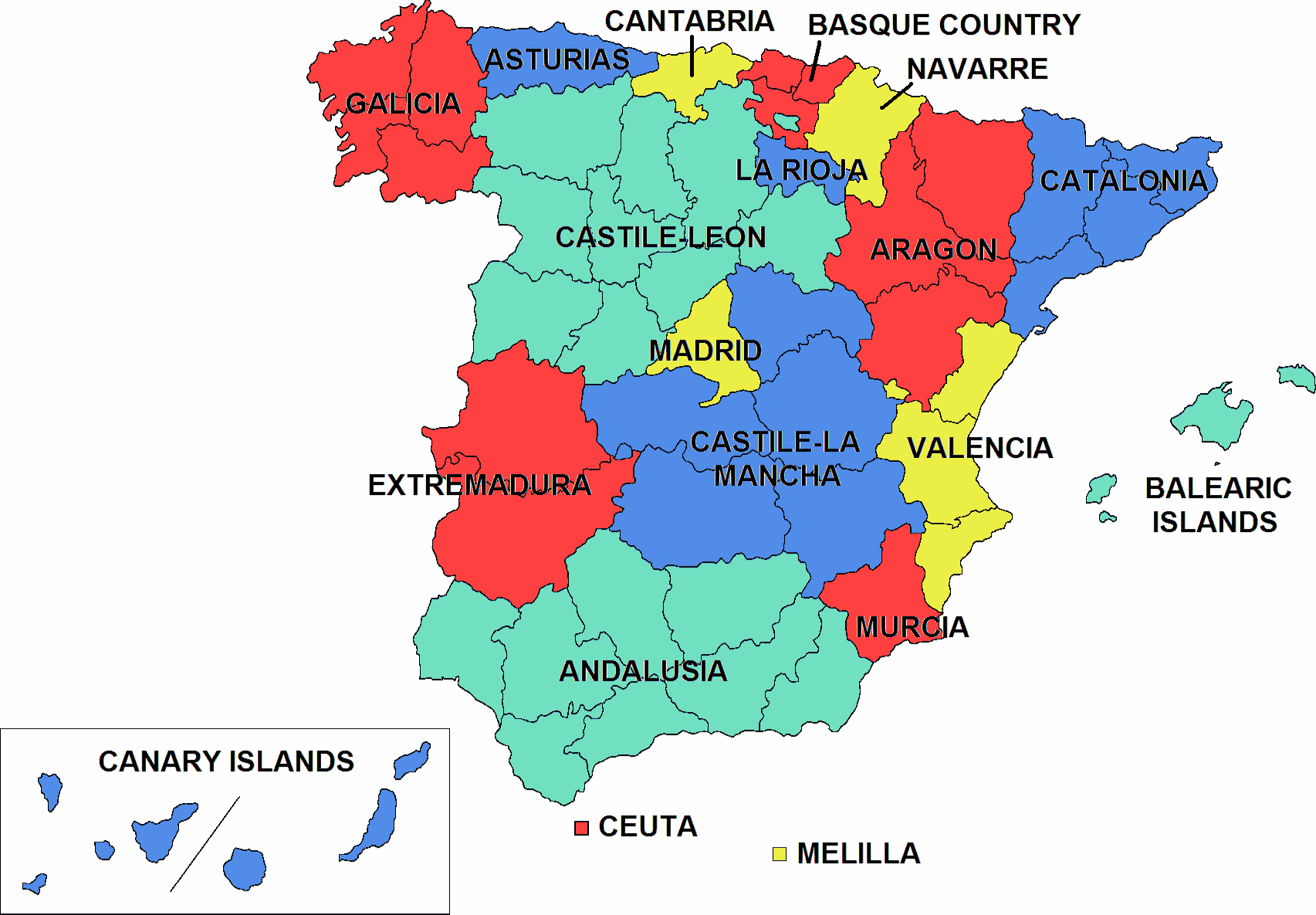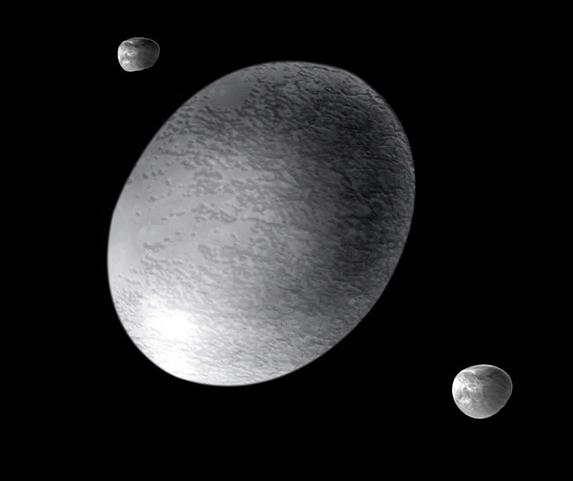Today democracy is a synonym of universal suffrage. There are a lot of things to say about this. The signs that we have today are that abstension is kept high in countries with universal suffrage. A lot of people (like me) think this is due to the disbelief in the system or disinterest in this act or both. But after these interpretations nothing more is done. Won't these signs mean something? After all the country's decisions are being taken by a non majority of the population, so is this a real "democracy"? In my opinion most of the people is only interested in politics if their fundamental rights (human rights necessary to survival and dignity, freedom of thought and speech, respect) are threatened. If these ones exist I think most people don't care if their regime is a secular western democracy or an absolute and fanatic theocracy.
Today it is an heresy to criticize the democratic system and we are immediately labeled as [insert here an example of bloody regime, a XXth century one is better]. Is the universal suffrage the "final" regime? I think most things are not eternal and this is one example of the things I think. And yes, I believe in the fundamental right of people I said above, I'm not an [insert here an example of bloody regime, a XXth century one is better]. The question is if the political right is one of the fundamental rights, but is it possible a system where everybody has an acting political right?
Let's imagine a system with a small amount of laws (the ones necessary to guarantee the
 fundamental rights), quasi-anarchic, pacific in a certain moment. Is it possible that everybody meet their desires? Obviously not, just imagine that someone with radical ideas can try to destroy the system by only using his political right (and there are so many persons...), motivated, for example, by religious ideas. The laws of this society arrest him, breaking the anarchic essence that everyone can apply the respective political rights. Otherwise the society colapses. The human societies have sexual, racial, politial and religious tensions, so we can't create a beautiful theoretical system that ignore these practical problems.
fundamental rights), quasi-anarchic, pacific in a certain moment. Is it possible that everybody meet their desires? Obviously not, just imagine that someone with radical ideas can try to destroy the system by only using his political right (and there are so many persons...), motivated, for example, by religious ideas. The laws of this society arrest him, breaking the anarchic essence that everyone can apply the respective political rights. Otherwise the society colapses. The human societies have sexual, racial, politial and religious tensions, so we can't create a beautiful theoretical system that ignore these practical problems.Can we change this regime so that it can't colapse in theory and reality this way? Let's imagine that the political right cannot break the fundamental rights not change the regime. This regime is stable, although some people won't apply the radical political right they have because they can't destroy the regime, and this is what we want, a psycho killer should not be able to execute his ideas. But how can we deal with non-radical ideas? As everybody has a political right in this society, different ideas will appear. How can we decide now? One way is the universal suffrage, and here enters the idea of majority.
The majority appeared to solve these problems. Who has more votes wins. This idea solves this problem. But does it always work? Let's imagine this society has two ethnicities, A and B, that want its respective religion (or idea, doesn't matter) as the official one of the state, and they respect the idea of universal suffrage and majority. As A is more populous than B, it wins, and A's religion becomes the official one (we assume all As and Bs vote in their respective religion). What happens to B? Its religion is respected because of the constitution, so that B only lives with the fundamental rights. Let's imagine another situation, that the country will build a new capital city. A lives deep in the country and B lives near the shore. Let's assume the coastal capital has more advantages. As people want to leave near the capital (in reality this happens) A wins again, although B's position has more advantages. I want to focus two ideas:
1 - The political right of A is stronger because it has more people, so the political right in
 an universal suffrage with democracy depends only in the number of persons with this idea, and it doesn't matter if this idea is a good or bad one for the country.
an universal suffrage with democracy depends only in the number of persons with this idea, and it doesn't matter if this idea is a good or bad one for the country.2 - Ethnicity B always lives in minority relative to A, so that its ideas never get through. It works like if B don't have a political right (because it de facto is never used, but it exists de jure). But B lives peacefully because its fundamental rights are respected
This country's ideas will only be A's. If A's ideas are all bad, this country will lose to some other country in a specific point. The only thing that prevents this is the national conscience of at least some of A's citizens. The only way this country can follow a better way is to guarantee A's citizens feel the duty to focus on the national objectives, not their own's, even if that brings disavantages (e.g. living farther from the capital). In the capital city issue B can use the national benefits to defends its idea, but it would probably be motivated mostly by non-national thinking.
Spain is an example of a plurinational country. The castillian community made castillian the official language of Spain (= spanish...), although other nations had different languages. If a poll would be made to chose spanish's national language, castillian would won because castillian population is bigger. So, Castile is Spain's A nation.
To B citizens the only way to have an idea met is to change to one of A's ideas or rebel against the regime to execute one idea of its own. In this political regime A is the only victorious political force so that B can only dream in a coup d'etat. This happens in reality, specially in countries with two or more very different cultures. After a while, B, that does not exists in politics because of its minority status, asks exterior help or try a separation or elimination of A. If we have societies where universal suffrage and majority ideas are not respected, we can easily have wars.
Africa is very sensitive to these questions because its countries are a result of non-cultural borders, where several ethnicities are put together. Naturally the majority ethnicity dominates politicaly, with a westen world regime, the other ones. As many times nor even the fundamental rights exist a civil war starts. That's why universal suffrage and majority generally do not work in these kind of countries, that have a low national responsability idea. Another trivial way to get the power is through force, and obviously the majority one wins...
Note: the presence of stupid pictures in this post or future ones must be understood as a tribute to the McGyver of pixels: MS Paint.






